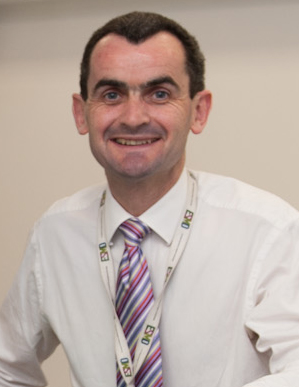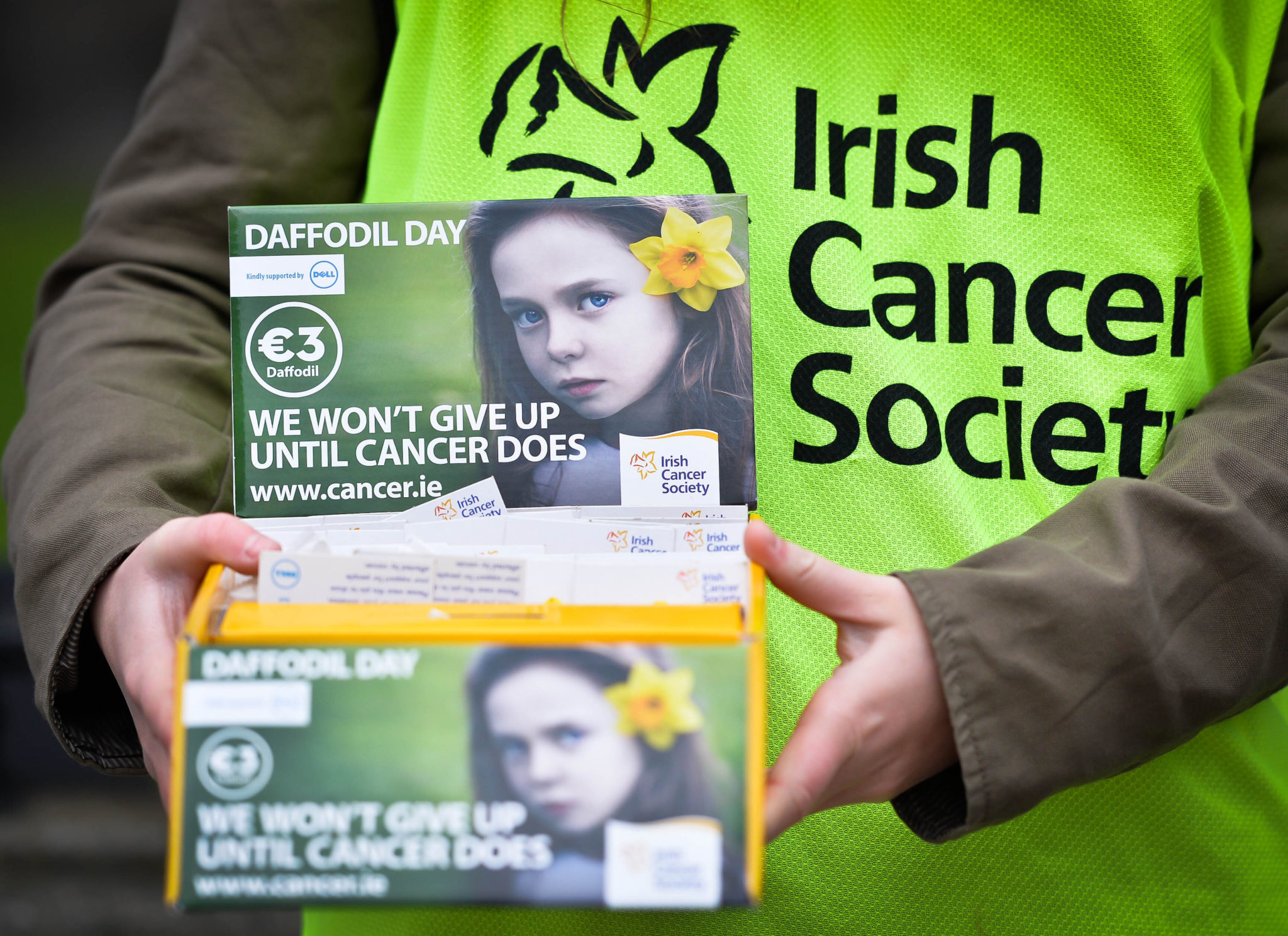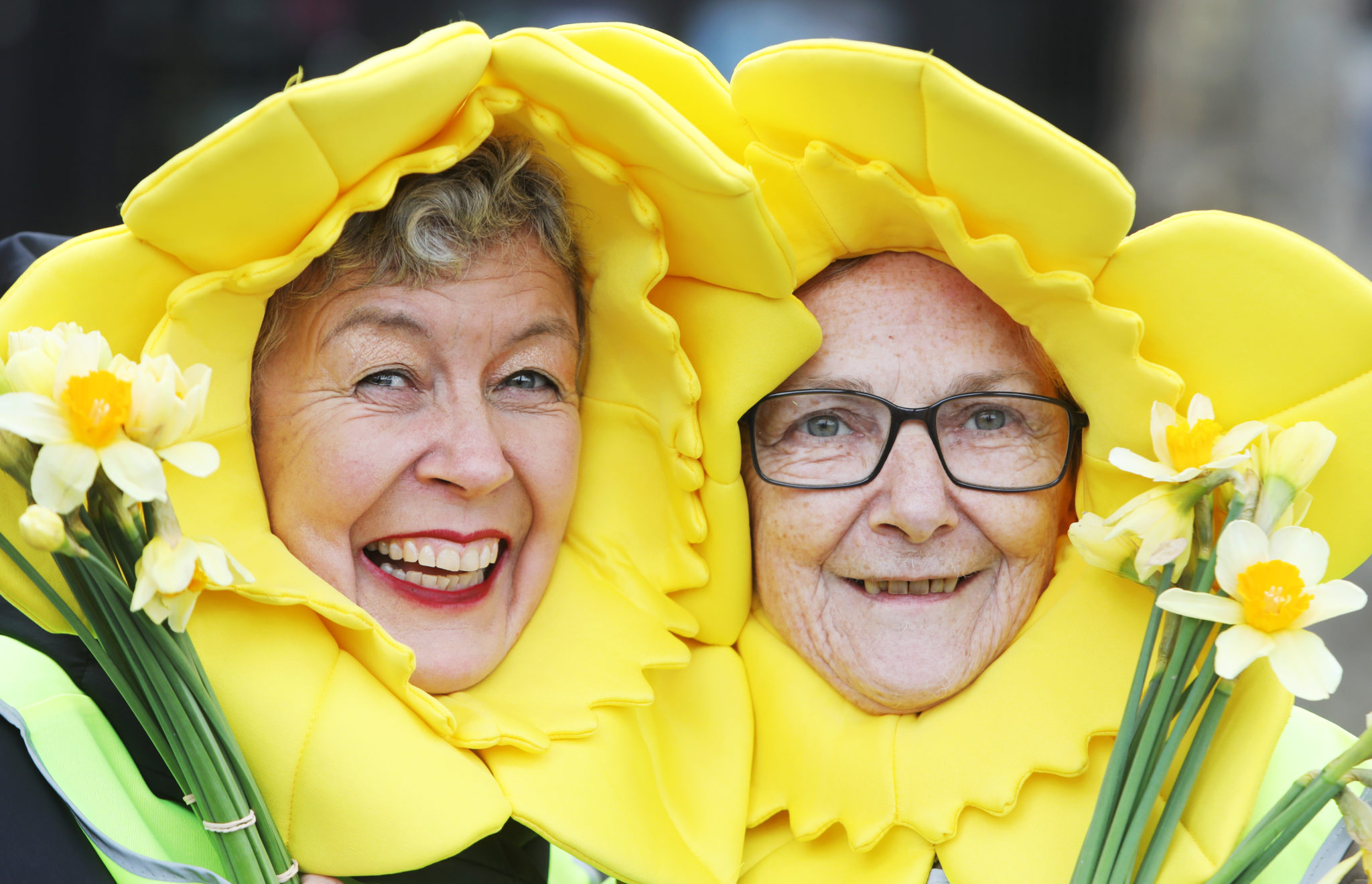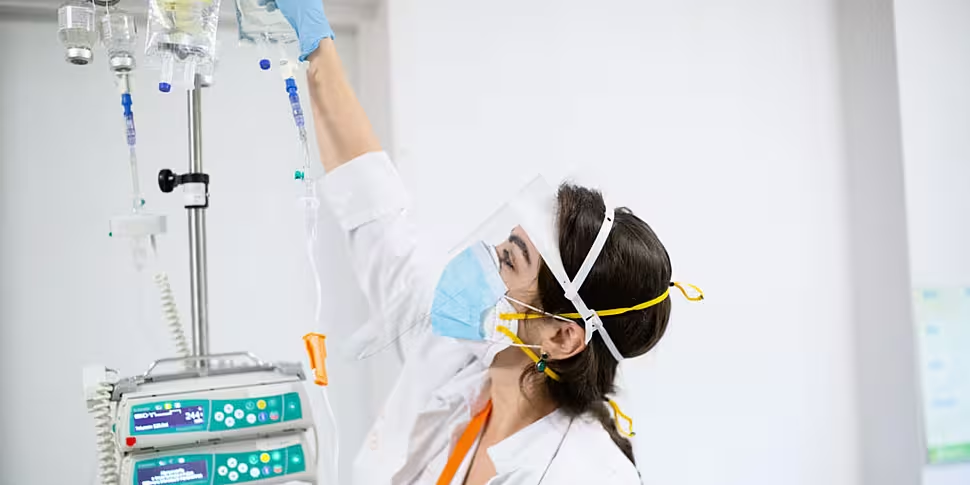The impact of the coronavirus on cancer services in Ireland will lead to higher death rates from cancer for a decade, according to a consultant oncologist.
A three-phase plan for the safe return of the Irish health services impacted by COVID-19 does not foresee the full return of cancer services until the end of this year at the earliest.
The plan, drawn up by the HSE, will see the return of outpatient and elective procedures from June.
Meanwhile efforts to clear the backlog of appointments and procedures throughout the health service will begin in earnest in September.
 UCC Professor Seamus O’Reilly
UCC Professor Seamus O’ReillyOn Newstalk Breakfast this morning, Professor Seamus O’Reilly, Consultant Medical Oncologist at Cork University Hospital, said the ongoing disruption could cause, “significant suffering in our communities for the next decade.”
“This is a problem with all pandemics,” he said. “So, in an Ebola pandemic, non-Ebola mortality quadruples.
“This decade figure comes from a prediction from the director of the National Cancer Institute in the US, published in the Journal Science last year, where he looked at six months of disruption of a service and found that if you disrupt a service for six months, cancer mortality increases for a decade afterwards.”
A number of top cancer doctors have joined our call for urgent action to address the current situation in cancer services that is causing huge anxiety and anguish for patients.
Read our joint statement 👉 https://t.co/a6aD6n3Kjo#cancermatters
— Irish Cancer Society (@IrishCancerSoc) March 24, 2021
He noted that Ireland’s services have now been disrupted for a year and, based on a recent study in the UK, that disruption could continue in some form until well into 2022.
“The problem also is that, if we don’t do something now, the poorer in our society will be more affected than the wealthy because the wealthy will have access to private healthcare and private facilities, whereas the poor will not,” said Professor O’Reilly.
“We know that our unemployment rate has increased five-fold with the pandemic – it is now 25% unemployment – and we know historically from the National Cancer Registry that cancer survivals in the poorer areas of Dublin are much lower than that in the wealthier areas of Dublin.
“So, we already had inequality in cancer survivals in Ireland. That is already there and pandemics magnify – they make things worse.”
Make a #DaffodilDay donation to support our vital services 💛📱 pic.twitter.com/HEgBeEjq55
— Irish Cancer Society (@IrishCancerSoc) March 22, 2021
Professor O’Reilly said that lifting lockdown is simply not an option so the HSE must consider ways to reopen cancer services while restrictions remain in place.
“Having worked in the hospital system for the last wave - the January wave - we can’t have that again,” he said.
“If we end lockdown, that is going to happen again because the proportion of our vaccinated patients is not enough at this stage – so that is not an option.
“What is an option is to do things in parallel rather than in sequence. Rather than wait until the pandemic is over to address cancer deficits, do them in parallel.”
 Volunteers from the Irish Cancer Society celebrate the annual Daffodil Day on the streets of Dublin, 28-03-2014. Image: Artur Widak/PA Images
Volunteers from the Irish Cancer Society celebrate the annual Daffodil Day on the streets of Dublin, 28-03-2014. Image: Artur Widak/PA ImagesHe said the “energy and motivation” that existed when the pandemic broke in March will be required to address the issue.
“That galvanisation and the aura of crisis needs to happen now because otherwise we are going to face significant suffering in our communities for the next decade,” he said.
“So, what the Irish Cancer Society (ICS) and Cancer Trials Ireland (CTI) have proposed to the Minister for Health is a taskforce looking at catch-up and keep-up.
“The catch-up would involve screening and prevention in our schools – vaccinations to prevent cervix cancer in our daughters in 20 years’ time and head and neck cancer in our sons in 40 years’ time.
“Each of those strategies so, in other words, not admiring the problem but galvanising the cancer treatment community to deal with the problem.”
 Nuala Gillick with Margaret Beere from Dublin selling daffodils at the last Daffodil Day in Dublin City Centre, 22-03-2019. Image: Leah Farrell/RollingNews
Nuala Gillick with Margaret Beere from Dublin selling daffodils at the last Daffodil Day in Dublin City Centre, 22-03-2019. Image: Leah Farrell/RollingNewsThis year’s Daffodil Day takes place this Friday March 26th.
It marks the second year in a row in which the Irish Cancer Society is unable to hosts its traditional on-street collections and fundraising events.
You can support cancer patients and their families this Daffodil Day, by visiting the Daffodil Day Online Shop or making a donation at cancer.ie.









